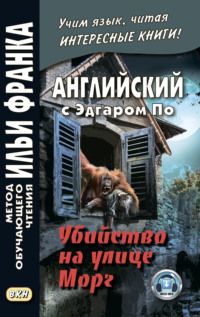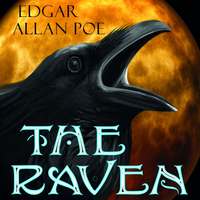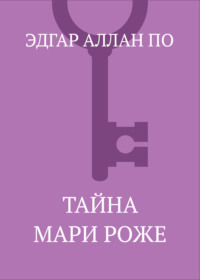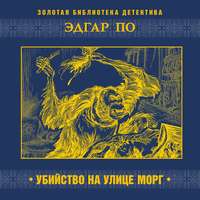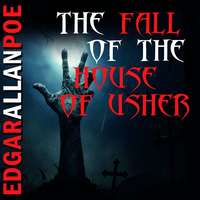Золотой жук / The Gold-bug (сборник)
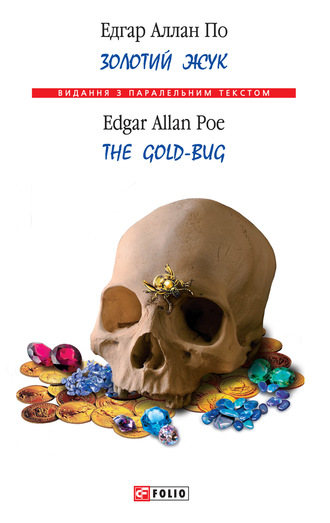
Полная версия
Золотой жук / The Gold-bug (сборник)
Жанр: ужасы / мистикадетективызарубежные приключениязарубежные детективыужасымистикаклассические детективызагадочные убийствапсихологические детективымистические тайныфантасмагориязагадочные происшествияамериканская классикадвуязычная литература (билингва)классика жанра
Язык: Русский
Год издания: 1843
Добавлена:
Настройки чтения
Размер шрифта
Высота строк
Поля
Конец ознакомительного фрагмента
Купить и скачать всю книгу





